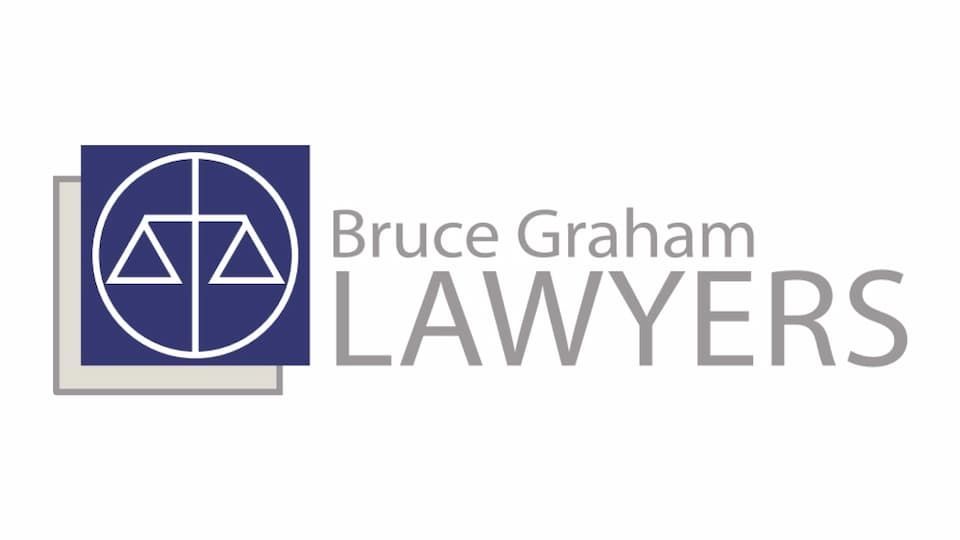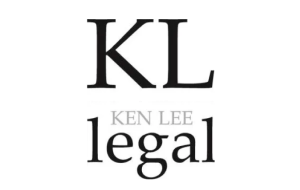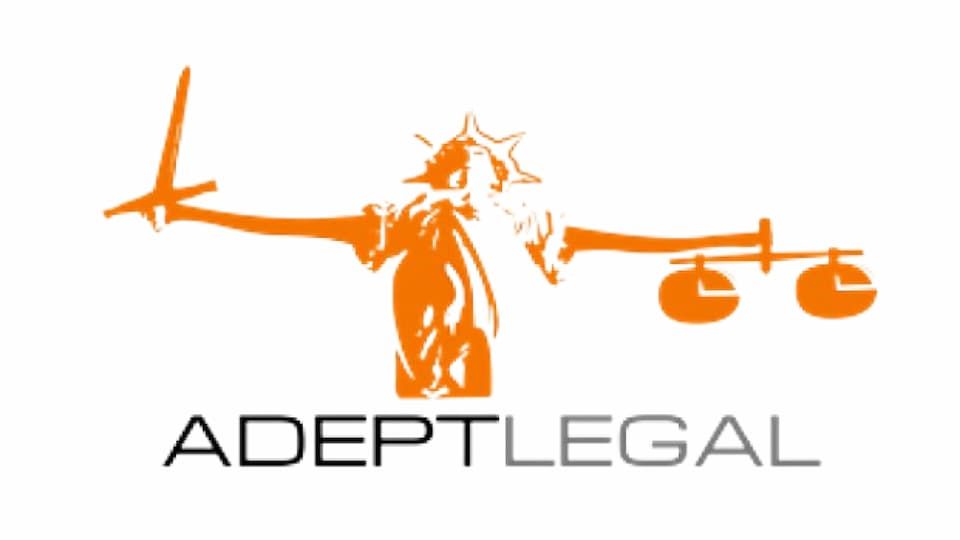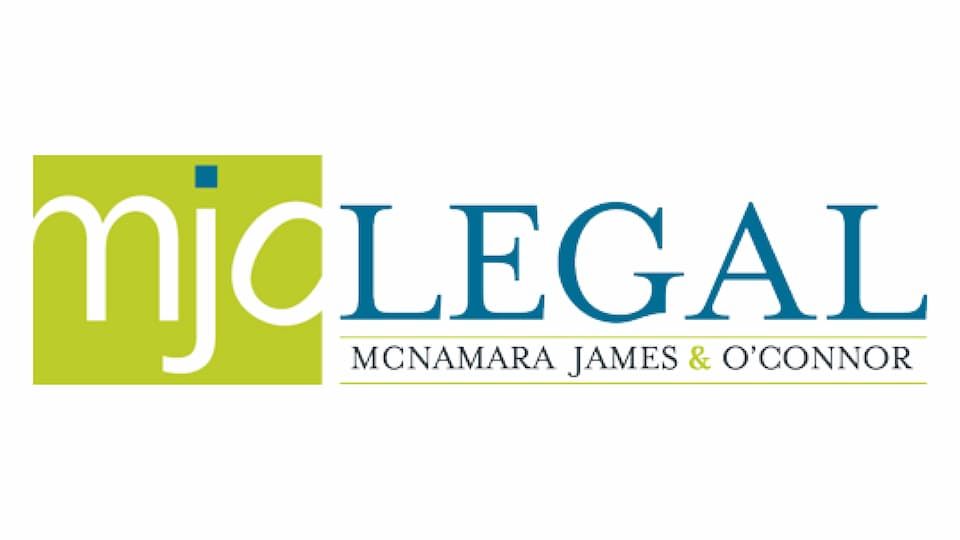撰稿人: Luis Gonzalez
•
2026年1月20日
A Practical Perspective for NSW and Queensland Matters In New South Wales and Queensland, the legal profession is fused. Both solicitors and barristers are qualified legal practitioners, and there is no procedural requirement to brief counsel at any particular stage of a matter. That often leads clients to delay the decision. In practice, the question is not whether a barrister is required, but whether the matter has reached a point where the risks involved justify specialist advocacy and advice. Engaging a barrister is not a sign that a dispute has escalated beyond control. It is a strategic decision about how that dispute should be managed. What a Barrister Actually Brings to a Matter Barristers are commonly associated with court appearances and trials. In reality, much of their value lies well before a matter reaches a hearing. They are trained to analyse risk, test legal arguments, and anticipate how a court is likely to respond to a case as it develops. Early involvement often focuses on advising on prospects, settling pleadings, shaping evidence, and identifying which issues genuinely matter. In many cases, this prevents problems that become expensive or impossible to correct later. The Importance of Timing One of the most common points at which counsel should be considered is before pleadings are finalised. Once pleadings are filed, positions harden. Admissions may be made inadvertently, causes of action may be poorly framed, and procedural vulnerabilities may be exposed. Fixing these issues later usually involves contested applications and additional cost. Similarly, when interlocutory applications are threatened or underway, the stakes increase quickly. Applications such as strike-outs, summary judgment, or injunctions can determine the direction of a matter long before trial. These are moments where technical precision and courtroom experience matter. Another common trigger is when a dispute turns on a narrow or unsettled point of law. Some cases are fact driven. Others are decided almost entirely on statutory interpretation or competing authorities. Where that is the case, specialist advice is not a luxury – it is essential. Costs Risk and Commercial Reality Litigation is not just about the merits of a claim. It is also about costs exposure. As matters progress, the financial consequences of getting strategy wrong increase. A barrister can provide clear advice on when to push forward, when to reassess, and when settlement should be actively pursued. There is a persistent misconception that briefing counsel necessarily increases costs. In practice, targeted advice at the right time often reduces overall expenditure by narrowing issues, avoiding unnecessary applications, and strengthening settlement positions. NSW and Queensland Considerations While the core principles are consistent across jurisdictions, procedural culture differs slightly. In New South Wales, courts tend to scrutinise pleadings closely and are more receptive to early dispositive applications. This often makes early engagement of counsel particularly valuable. Queensland courts are generally more pragmatic in their approach to case management, but the risk profile still shifts sharply once a matter moves beyond informal negotiation or becomes procedurally complex. In both jurisdictions, the underlying question remains the same: what is the consequence if the current approach is wrong? A Collaborative Model Engaging a barrister does not mean the solicitor steps aside. The solicitor remains responsible for carriage of the matter, evidence gathering, and client communication. Counsel provides a complementary skill set: strategic distance, advocacy experience, and deep familiarity with how courts approach particular issues. The most effective outcomes are usually achieved where solicitors and barristers work together early, rather than when counsel is briefed reactively on the eve of a hearing. Conclusion There is no fixed rule as to when a barrister should be engaged. However, most disputes reach a point where the risks – legal, procedural, or financial, change materially. At that point, the real question is not whether engaging a barrister is necessary, but whether proceeding without one is a risk worth taking. Disputes can arise in everyday life – with neighbours, family members, business partners, landlords, builders, or customers. Often, they start small and quickly become stressful, emotional, and hard to manage. Our litigation team helps you understand your options early, cut through the noise, and work towards the best possible outcome by providing the necessary advice and action. Don’t face the situation alone, talk to CJM Lawyers today!
































